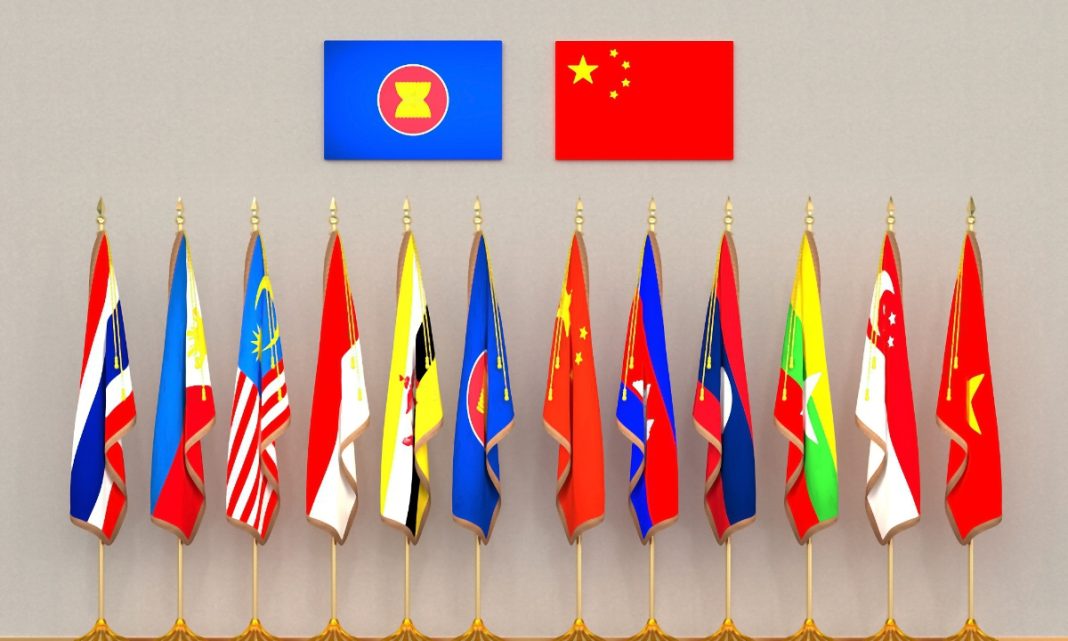BEIJING: During a series of meetings of foreign ministers of Southeast and East Asian countries in Vientiane, Laos, over the past few days, Chinese Foreign Minister Wang Yi reiterated China’s consistent stance on the South China Sea issue. Judging from the latest joint communique issued by the ASEAN Foreign Ministers’ Meeting, which emphasizes the importance of peace and stability in the South China Sea, the differences among ASEAN countries are gradually narrowing, and consensus is gradually expanding, experts said, noting that this is particularly evident in the shared belief that the situation should not be allowed to escalate in a way that would affect regional security and relations with China.
China also sent strong signals to the US regarding the South China Sea issue and the Indo-Pacific Strategy, urging it to stop inciting trouble, causing disturbances, and undermining maritime stability. The US-led Indo-Pacific Strategy exacerbates security dilemmas and runs counter to the long-term vision of peace and prosperity in the region.
Some experts believe the US intends to provoke a proxy war and incite a new Cold War in the Asia-Pacific region, particularly in the South China Sea. ASEAN countries should resist actions that disrupt regional peace and provoke bloc confrontations to ensure peace and stability in the region.
There is a full historical and legal basis for China to uphold territorial sovereignty and maritime rights and interests in the South China Sea, Wang said in elaborating on China’s solemn stance on the South China Sea issue on Saturday. With a view of safeguarding neighborhood friendliness and regional cooperation, China signed the Declaration on the Conduct of Parties in the South China Sea (DOC) with ASEAN countries and has consistently and effectively implemented it, Wang said, adding that China insists on managing differences properly through dialogue and consultation with all parties involved. Ren’ai Jiao is China’s inherent territory. The Philippines unilaterally changed the status quo by grounding its warship illegally at Ren’ai Jiao, and even attempted to build it into a permanent outpost, which severely violated Article 5 of the DOC and reneged on its commitments made to the Chinese side, the Chinese official said.
Wang also called on the Philippines to honor its commitments, not to break its promises and not to make more trouble.
In a joint communique of the 57 ASEAN Foreign Ministers’ Meeting released on Saturday, ASEAN countries reaffirmed the need to enhance mutual trust and confidence, exercise self-restraint in the conduct of activities that would complicate or escalate disputes and affect peace and stability of the South China Sea, avoiding actions that may further complicate the situation.
“It is evident that the South China Sea issue has become a major topic at the ASEAN Foreign Ministers’ Meeting. –The Daily Mail-Global Times news exchange item




